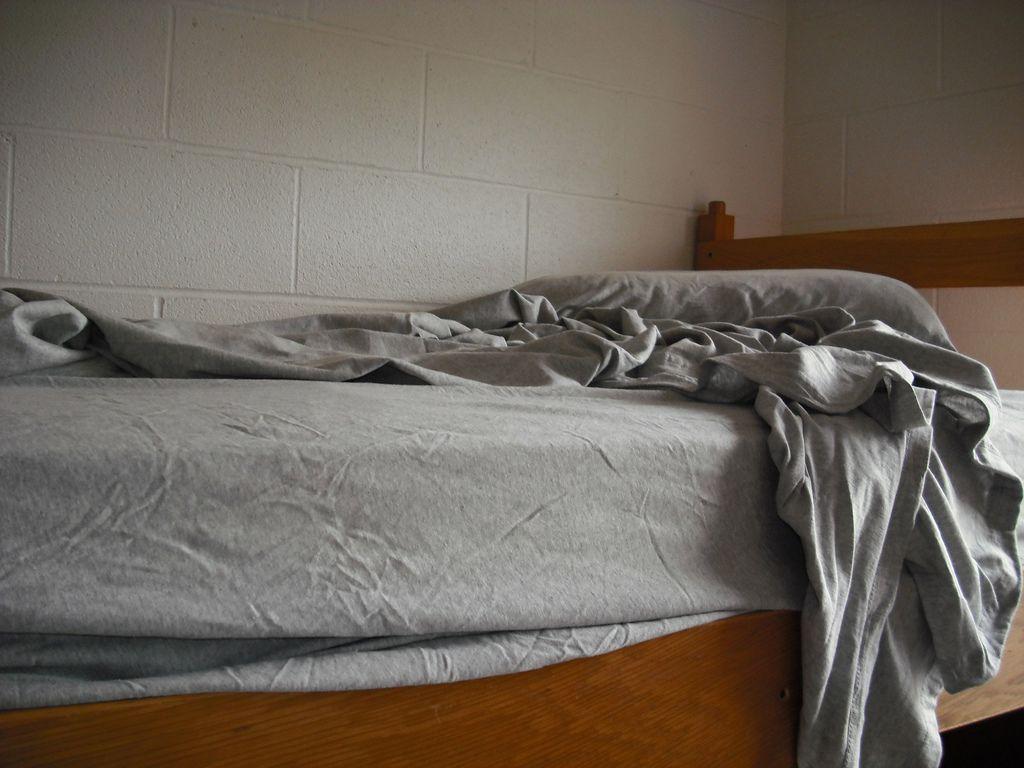Most American students have had some level of sexual health education in high school, but Clemson University in South Carolina has demanded that all of its students participate in an online Title IX Training Course to increase knowledge of sexual safety and help avoid instances of sexual abuse on campus. The course tackles issues such as substance abuse and sexual assault. Oh yeah, and it also tackles the sexual histories of everyone on the Clemson campus.
That’s right. As part of this mandatory online program, which must be completed by Nov. 1, students and faculty must fill out a questionnaire about their sexual histories, a fact discovered by college news website Campus Reform on Wednesday. Although the survey is labeled “anonymous” and issued through a third-party site, students are required to enter their student IDs, housing information, student emails and their first and last names.
“We believe you’ll enjoy the assignment,” the email to the Clemson community said. “It is an engaging and informative online course, created with students for students. It will provide you with useful information regarding sexual violence and relationships. The course promotes a healthier and safer campus environment.”
Questions include: “How many times have you had sex (including oral) in the last 3 months?,” “With how many different people have you had sex (including oral) in the last 3 months?” and “What percentage of your peers do you think has had sex (including oral) in the last 3 months?” The survey also asks whether the student is involved in Greek Life and is a student athlete. Clemson maintains that all of these questions are part of maintaining sexual safety on campus. They also said students can choose whether or not to answer the questions truthfully.
“The questions are a part of the training so that you may get a sense of the behaviors and experiences of other Clemson students,” stated an email from the university to one student, posted on Campus Reform. “Often, students have an exaggerated perception of the behaviors of their peers, so these questions are in hopes of clarifying those misconceptions.”
After media outlets began exposing the survey, Clemson University suspended the mandatory training early on Thursday pending further notice.
It is undeniable that sexual assault is a huge issue on college campuses. Each day brings new reports of rape that instill a culture of fear and caution in college students. It is understandable that Clemson would want to gauge a sense of the sexual culture on its campus, and asking the students to provide the answers themselves is an honest, albeit creepy, way of creating an accurate picture.
Despite that, there are several problems with this survey, and they more than outweigh any justification for distributing it. First of all, Title IX covers a lot of ground, but it is primarily a gender equality amendment that protects both males and females from gender discrimination in education programs and activities. While gender equality is something students should be informed about, it has very little to do with uncovering the sex lives of a college campus.
Aside from missing technical points about Title IX, the questionnaire is an outrageous invasion of student (and faculty) privacy. Most of these students are legal adults, and as adults, it is their individual responsibilities to be truthful about their sexual histories to their sexual partners. Clemson University has no right to interfere with that, nor do they have the right to get the information themselves.
What’s more, these students are expected to submit their entire sexual histories through a third-party website. Even if it’s “anonymous,” they still have to insert their names, addresses and student IDs. How can they be sure that the website isn’t some kind of scam? Nothing truly leaves the Internet, and a student may one day find their list of sexual partners splashed across the World Wide Web. Clemson is only setting its students up for a potential catastrophe.
Finally, even the school admits that people can easily skew their answers to the questionnaire. Some jerks may think it’s funny to say they have had enormous numbers of sexual partners as a joke, rendering the entire thing pointless. Furthermore, if the outlet isn’t secure, answers these students thought were funny while in college could come back to haunt them in the future if the results leaked, and that wouldn’t be funny at all.
The implications of Title IX are too often violated on college campuses, and yes, steps must be taken to repair that. But Clemson University’s virtual black book of students’ sex lives is more likely to perpetuate the problems it aims to solve.






















































































































